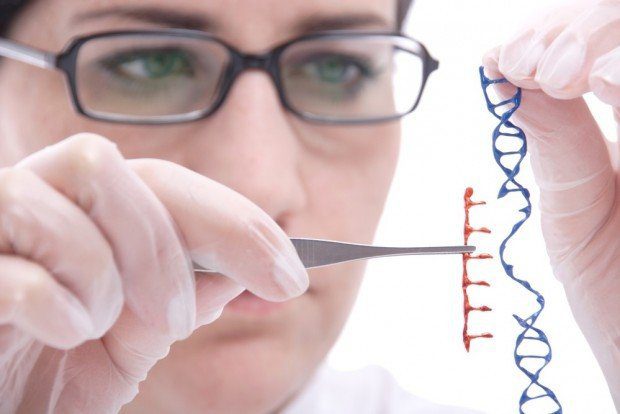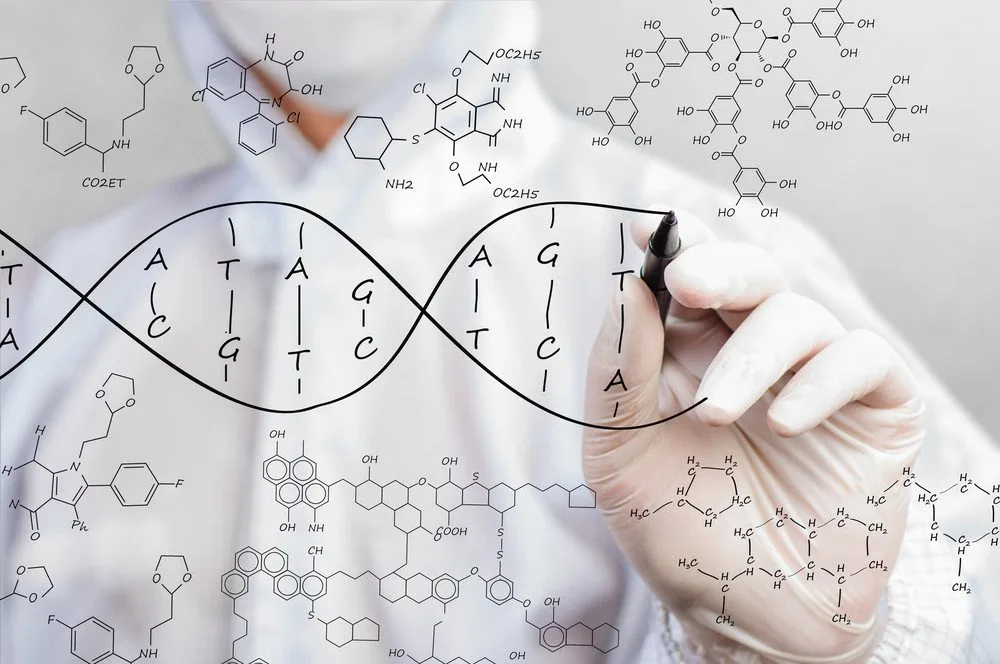To know one’s origin has long been the desire of the human race. Only recently has it gained widespread popularity across the globe. One of the most popular ways includes buying a DNA testing kit for ancestry, which is available both at the consumer and at the clinical level.
The usual picture is where they work with a mouth swab, blood and hair samples. They use these swabs to help medical professionals gauge a man’s DNA to look for suggestive variations (mutations) further linked to a set of conditions or traits. For over centuries, oral as well as written records have formed the bedrock for genealogists to trace down the family tree.
However, a well-to-do genealogical DNA testing came into existence around the year 2000, which infused a new lease of air for family historians and genealogists alike for ancestry and family relationships. In comparison to paper records, which might turn out to be inaccurate, as in many cases, DNA testing always comes out clean and precise. The question that gains paramount importance is whether it is right for you? If yes, then which test fills your purpose right? How much does it cost and why should you go for it? Here’s a comprehensive outlook on DNA testing for ancestry and everything else in between.
What is DNA testing anyway?
For starters, DNA (Deoxyribonucleic Acid) is a component that makes up almost every living cell. Simply put, it’s a chemical chain that instructs and controls how our cells grow and behave. DNA is further divided into chromosomes, which are further broken down into genes. We, humans, have 23 pairs of chromosomes that follow a double helix structure. So, in total, we have 46 chromosomes –23, from the father side and another 23 from mother. The 23rd chromosome is either an X or a Y chromosome and is the chief determinant of one to be male or female. While women have two X chromosomes, men have got only X and another Y chromosome. Now, that’s school grade biology, but with chromosome, it’s always a baffling affair as there are several types of DNA testing available.

Typically, there are three significant types of DNA testing available namely; Autosomal, mtDNA, and yDNA. Each test serves to unravel information that is different from the other. Let’s take a look at the three test types and what it caters to:
Autosomal DNA
One of the most popular types of DNA tests and focuses on almost everything that you have inherited from your ancestors. The test serves to offer an estimation of one’s ethnicity along with an account of all those regions where your ancestors might have resided over the past one or two hundred years. Additionally, it also offers a match with one and all distant relative of yours.
YDNA
It caters only to focus on Y chromosomes only, one that is found in males alone. One must note that the Y chromosome passes on from father to son. It also undergoes very little change as time passes. This is why it helps trace back direct relation to one thousand years. A female can ask her male blood relatives to undergo the test on behalf of them to determine her ancestry.
MtDNA–Mitochondrial
DNA works with maternal lines. It traces all that is passed down from the mother to her children, male or female, irrespectively. Akin to yDNA, mtDNA too shows little to almost no change over time. Hence, it can be trusted to trace back ancestry one thousand years or more.
Extended tests
In an extended test, one can also resort to both yDNA and mtDNA tests in tandem to help complete tracing the family tree. This kind of extended test is beneficial when you want to determine much more than just maternal or paternal lines directly. Regardless of how motivated one is for DNA testing, one should always seek a physician’s consultation to help interpret results. Further, such diagnostic tests also confirm whether one is prone towards hereditary diseases like Sickle Cell Anaemia, Cystic Fibrosis, Huntington’s disease, muscular dystrophy, familial hyperlipidemia, or Marfan syndrome, to name a few. In the majority of cases, medical professionals resort to genetic testing to help confirm any genetic disease, once the symptoms gain prominence.
Typically, during a DNA test, one is asked to donate a small sample of saliva, blood, hair, or skin. Women who are pregnant may also donate amniotic fluid for DNA testing. The National Institutes of Health, USA, opines on how genetic examinations can be put to use to help identify over 2000 conditions and diseases that are hereditary in nature. It is said that such genetic tests at diagnostic level usually look for a string of particular changes across the DNA. They also examine specific genes that are well proven to be not working in the desired manner. The tests, however, are never for the individual to develop the disease or condition.
Get a DNA testing kit

Are you seriously considering a DNA test? If yes, the best way to go about it is to buy yourself a DNA testing kit. After you have collected your DNA sample, you need to hand it over to the testing company. They will take a good 6-10 weeks to process the sample. These days, the market for DNA testing kits has gained quite a bit of popularity as a holiday gift. This further makes this a competitive affair among service providers. Although test reports vary from one company to another, it bears some basic data that includes the following:
- Raw data from the family tree
- Estimation of ethnicity
- How one can contact potential relatives
There is no denying that options for all kinds of DNA testing have witnessed widespread popularity over the years. The majority of such testing kits are Autosomal DNA tests. However, they provide a wholesome geographical breakdown to where one’s ancestors lived a thousand years ago. However, before you go forward with your buying decision, it is recommended you weigh the pros and cons carefully.
Want to know more?
The science behind DNA testing has found another area where it can impact our health. Click here to find out how a simple DNA test can help you ensure an optimum fitness regime.





![women [longevity live]](https://longevitylive.com/wp-content/uploads/2020/01/photo-of-women-walking-down-the-street-1116984-100x100.jpg)









